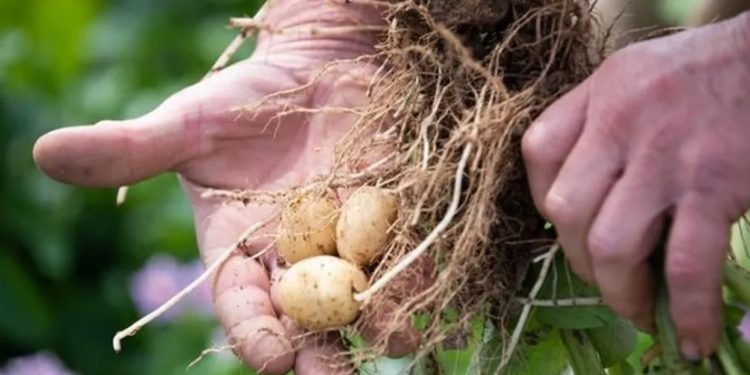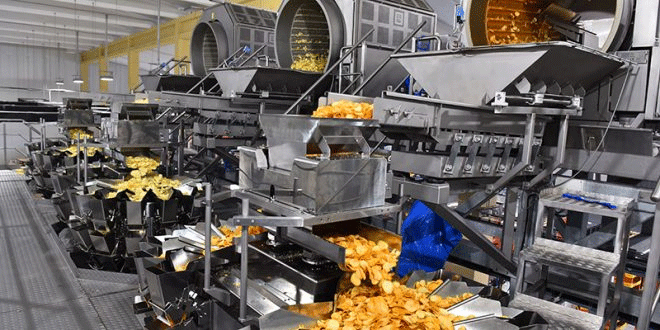Commodities markets are in uproar, wheat prices have reached record highs and the cost of food is rocketing. “Yet the humble spud – a staple grown on our doorstep – is still cheap and plentiful,” writes Sarah Chambers in a news story for East Anglian Daily Times.
Despite this, and with the exception of a brief recovery during the pandemic, there has been a slow and steady decline in fresh potato consumption in the UK. The trend shows no sign of changing – despite this year’s rocketing food prices. Meanwhile other – often imported – carbohydrates such as pasta and rice have grown in popularity.
One of the oddities in a time of turmoil and fears of food scarcity is that while cereal and cooking oil crop prices go through the roof, the cost of a host of homegrown vegetable crops has barely changed. This year’s East Anglian potato crop is looking very promising. But prices are low – making some of the farmers’ crops uneconomical.
This is for a variety of complicated market reasons, explains James Wrinch, managing director of East Suffolk Produce, a grower group producing 50,000 tonnes of ware and 5,000 tonnes of seed potatoes around the east coast of Suffolk and Essex.







